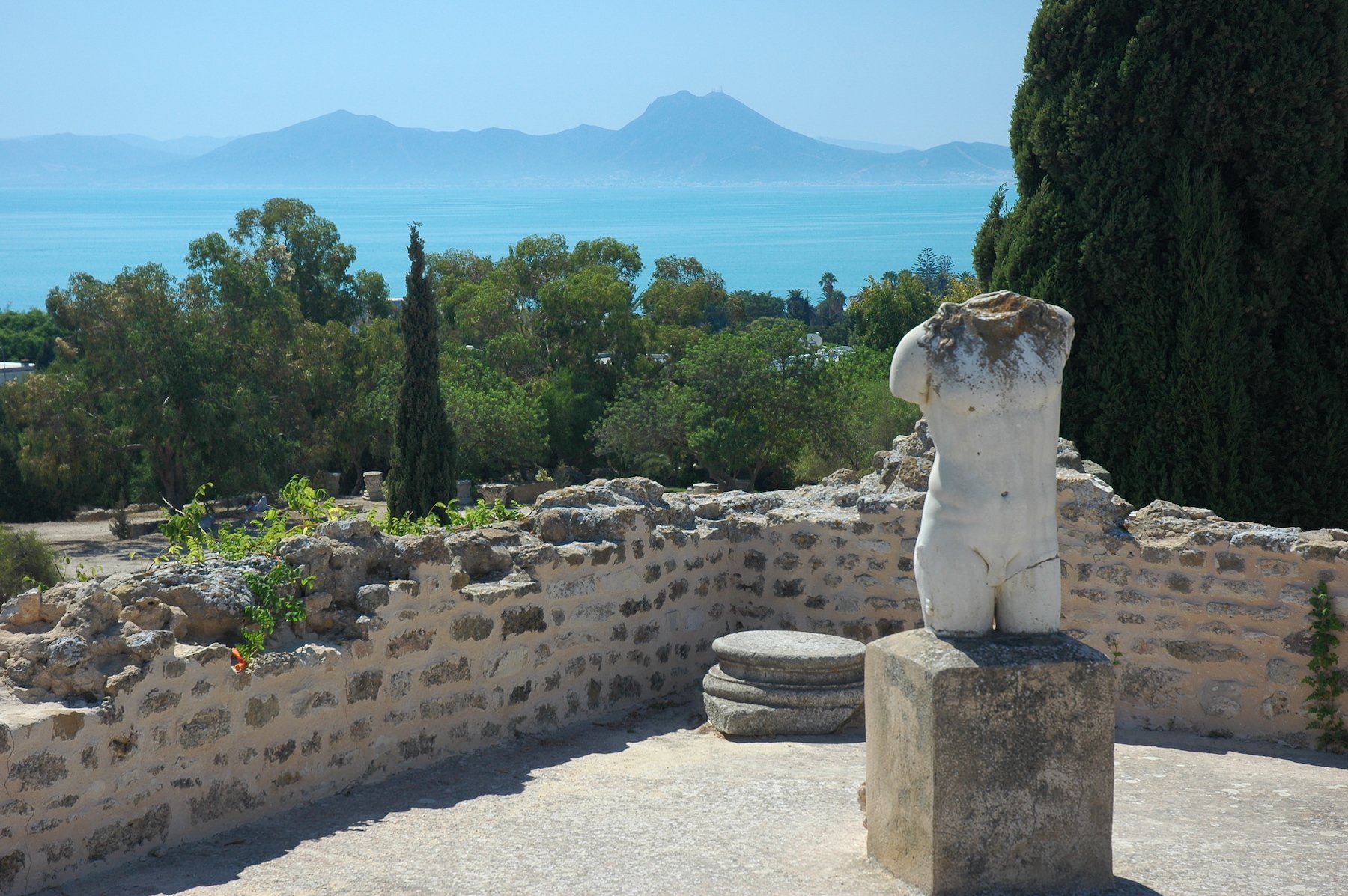
Tunisia’s Culture Ministry intervened last week to prevent the sale of several artifacts due to go under the hammer at Paris’ auction house Millon Drouot, the Quotidien de l’art reports.
The pieces under scrutiny were due to feature in the “Civilisation” sale last Friday, and include a Roman headstone and El Aouja ceramics. As the QdA points out, it is the first time a North African country has made such a significant move.
The illegal traffic of stolen antiquities has longed plagued Tunisia and its neighboring countries (see “Egypt’s “Indiana Jones” Zahi Hawass Questioned Over Pyramid Theft”). The family of the deposed dictator Ben Ali is now known to have been directly involved in some of this activity, which has burgeoned since the Jasmine Revolution in 2011.
“We are informed of new loots everyday,” archeologist Fethi Bahri told Jeune Afrique. “During a period of crisis, everybody dreams of finding a treasure playing the archeology lottery.”
Archeological sites in Tunisia are managed by both the Institut du patrimoine (INP), which takes care of the scientific side of the operations, and the Agence de mise en valeur du patrimoine et de promotion culturelle (AMVPPC), in charge of the diffusion and day-to-day management. But according to Jeune Afrique, the agency is now losing control of a number of sites.
Last week, the Tunisian government agreed on tougher measures to fight the illegal traffic of antiquities, which is dramatically endangering the country’s heritage. The intervention at Millon Drouot confirms its firm intentions.